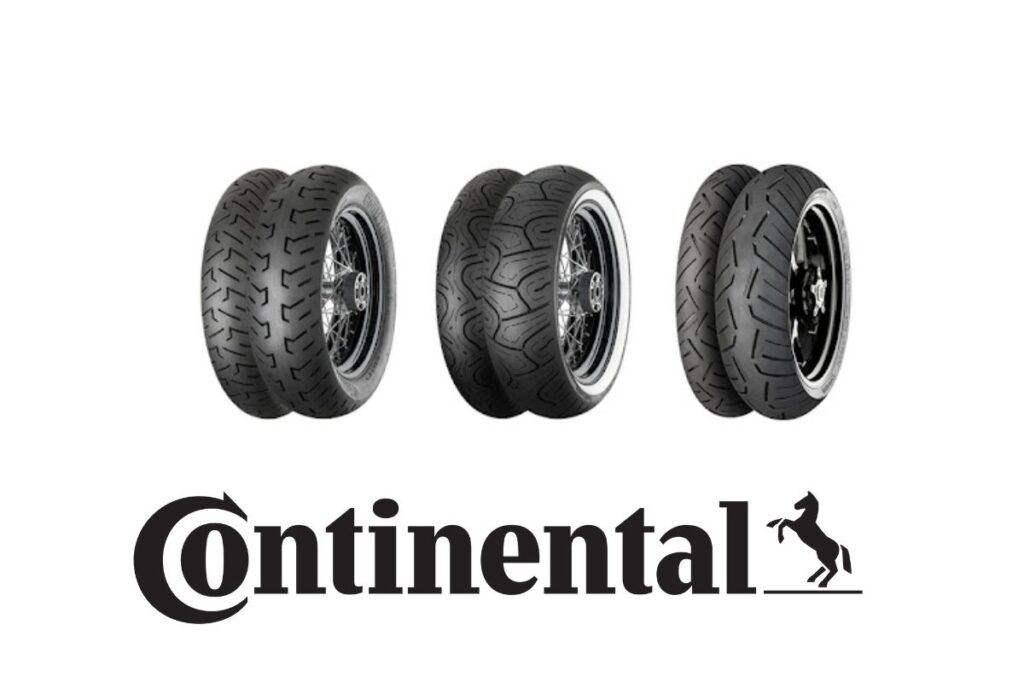Continental is the world’s fourth-largest tire seller, behind Bridgestone, Michelin, and Goodyear. It offers a wide range of tires for different vehicles and roads. Although its tires perform well, it lags behind these top brands. In this review, we’ll look at Continental’s tires and compare them to others. This will help you decide if they suit your vehicle.
The company, founded in 1871, makes tires for bicycles, motorcycles, trucks, and more. Its car tires are popular, especially in the auto industry. Continental has partnerships with Daimler-Benz, Porsche, and Audi. Together, they develop winning tires for races. Headquartered in Hanover, Germany, the company also supplies tires to BMW, Mercedes-Benz, and Volkswagen.
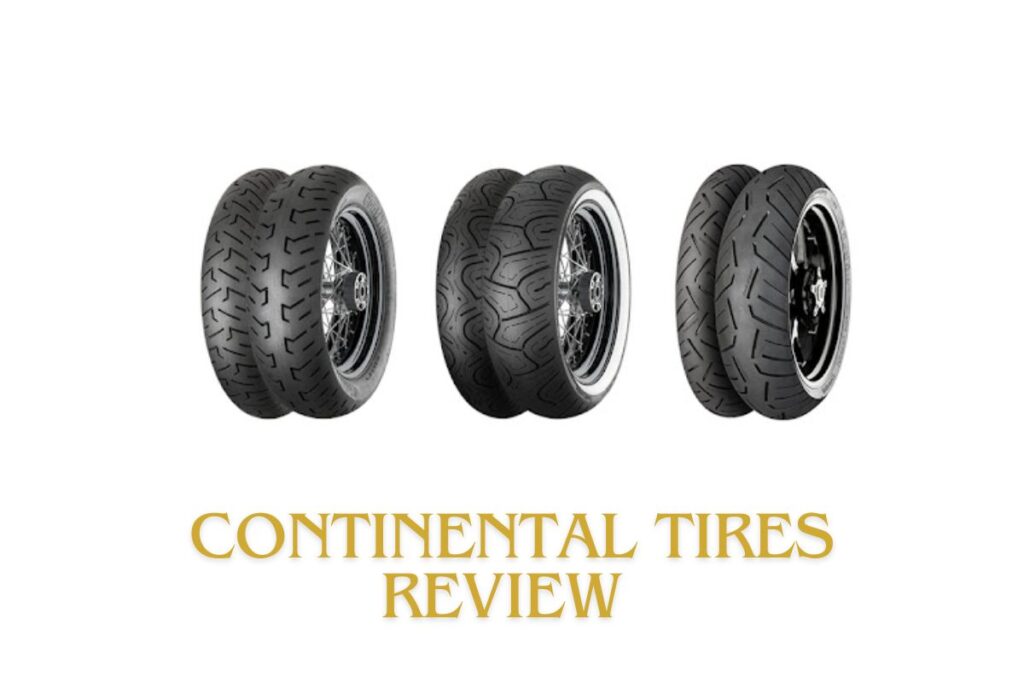
Overview
Founded in 1915, Continental is based in Hanover, Germany. It is the world’s fourth-largest tire maker, with a 12.9 percent market share in 2018, according to Statista. The company competes with top firms like Michelin and Goodyear.
While German, Continental also has a North American home in Fort Mill, South Carolina. It is well-known for its relationships with luxury and mainstream automakers. These companies often choose Continental for their original equipment tires. Besides tires, Continental makes motorcycle tires, auto safety tech, some electronics, and powertrain parts.
Luxury brands such as Audi, Tesla, and Porsche use Continental’s tires. These include high-performance, touring, and all-season models. Continental is dedicated to improving tire performance, braking, and sustainability through extensive testing and innovation.
Continental Tires Cost
Our research shows that Continental tires usually cost between $70 and $420 each. Prices are higher for popular models. For example, a TrueContact Touring tire for a 2020 Toyota Camry Hybrid costs over $100.
Compared to Michelin, Continental tires are cheaper. But, the phrase “you get what you pay for” applies. Many drivers believe the higher cost is worth it. They appreciate Continental’s rigorous testing, quality materials, and tread life warranties.
Continental Industry Ratings
Continental tires, like others, use the NHTSA’s UTQG system. This system rates tires on treadwear, traction, and heat resistance, excluding specialized tires.
Treadwear
This grade shows how long your tires will last. First, they’re compared to a control tire with a 100 rating. For example, a 500 rating means the tire lasts five times longer than the control. Typically, passenger tires have a 300 to 500 rating. This data comes from SaferCar.gov.
Traction
This grade shows your tires’ wet road grip. Ratings range from AA to C. Good passenger tires usually get an A.
Temperature
This grade shows a tire’s heat resistance as A, B, or C. Tires must handle specific temperatures based on their use. For example, performance tires run faster and thus need higher heat resistance than all-season ones.
The NHTSA doesn’t oversee UTQG tests. Instead, tire manufacturers or their contractors conduct and report the tests.
Continental Tires UTQG Scores
Below, we listed a few highly rated Continental tire models. We included their treadwear, traction, and temperature scores. This data is from SaferCar.gov.
| Continental Tire Model | Tire Type | Treadwear Score | Traction Score | Temperature Resistance |
|---|---|---|---|---|
| TerrainContact A/T | Light truck/SUV All-terrain | 680 | A | A |
| ExtremeContact DWS 06 | Passenger All-season Ultra-high performance | 560 | AA | A |
| TrueContact Tour | Passenger Standard touring All-season | 800 | A | A |
| CrossContact LX | Crossover/SUV Touring All-season | 680 | A | B |
Most Popular Continental Tires
Continental PureContact LS – Ideal for Passenger Cars
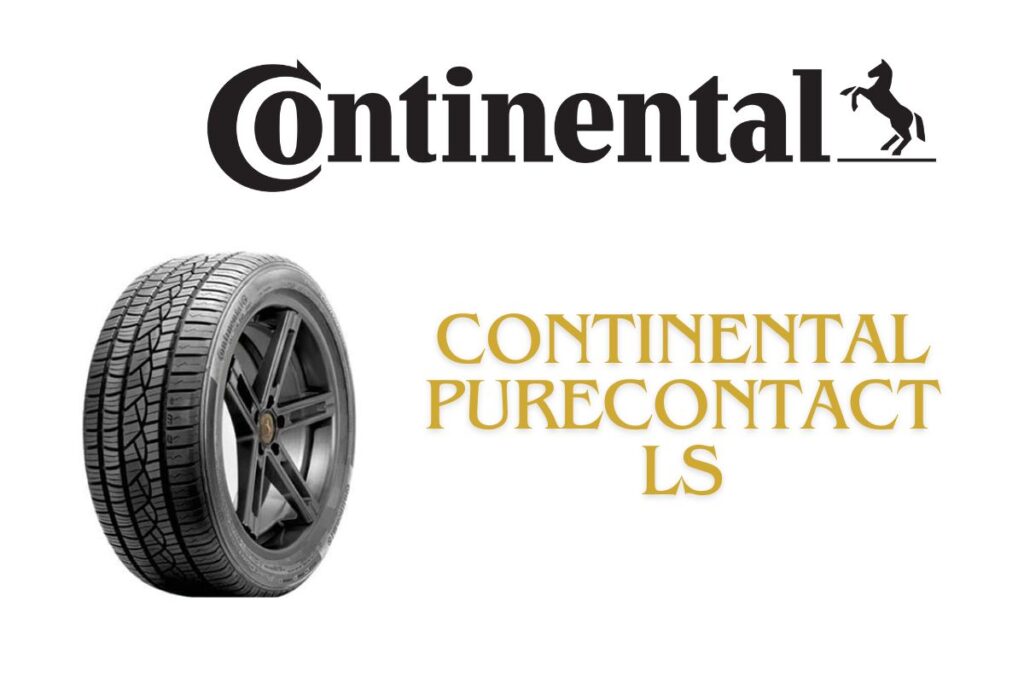
The Continental PureContact LS tire is designed for luxury sports cars. It promises a smooth, comfortable ride in all conditions. Additionally, it excels in wet-weather braking. Many drivers love its excellent traction year-round. This tire also ensures a quiet, durable ride. It achieves this through advanced technology in construction, materials, and design. Moreover, it increases fuel efficiency and tread life. It is Continental’s top pick for enhancing driver confidence on various road surfaces.
Specifications:
- Brand: Continental
- Model: PureContact LS
- Available Sizes: Wheel diameters ranging from 16″ to 20″ and section widths from 195mm to 255mm.
ExtremeContact Sport – Optimal Performance Tire
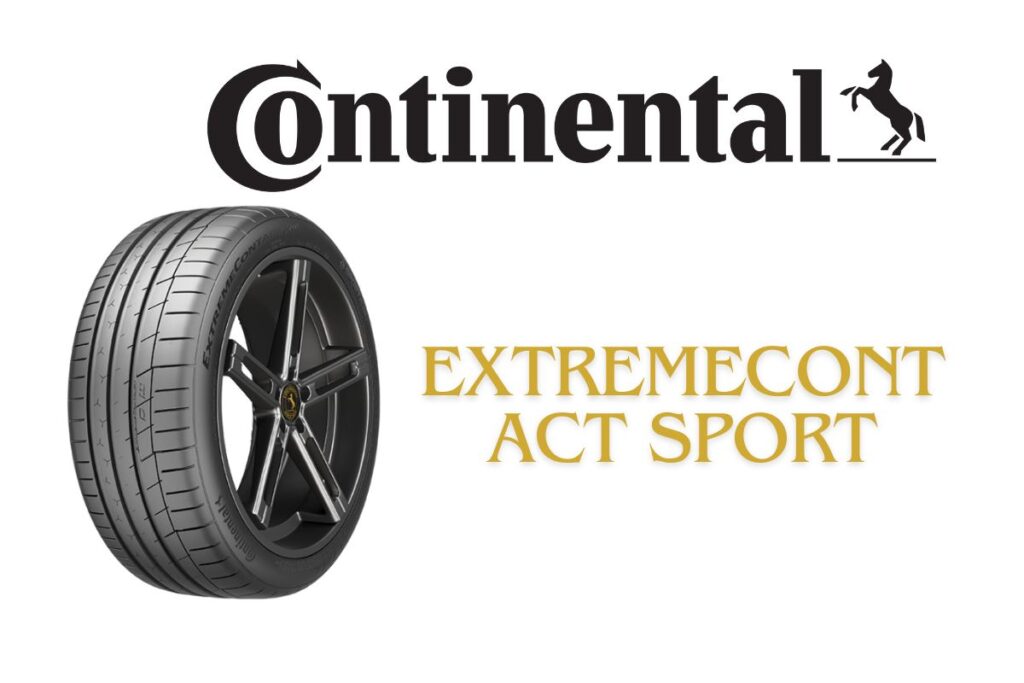
The ExtremeContact Sport tire is for high-performance cars. It’s called the “Tomahawk Missile for the street.” Ideal for temperatures above freezing, it offers excellent grip on both dry and wet roads. Plus, it’s quiet and comfortable. BMW’s Motorsport Division loves it for their M Cars. Despite its strong grip, it lasts longer than other high-performance tires. This is thanks to its special rubber, design, and construction. It ensures great road feel, stability at high speeds, and consistent grip in all conditions. It’s like having track cleats for your car, offering precise control and high grip.
Specifications:
- Brand: Continental
- Model: ExtremeContact Sport
- Available Sizes: Wheel diameters ranging from 15″ to 20″ and section widths from 195mm to 335mm.
CrossContact LX25 – Top SUV Tire
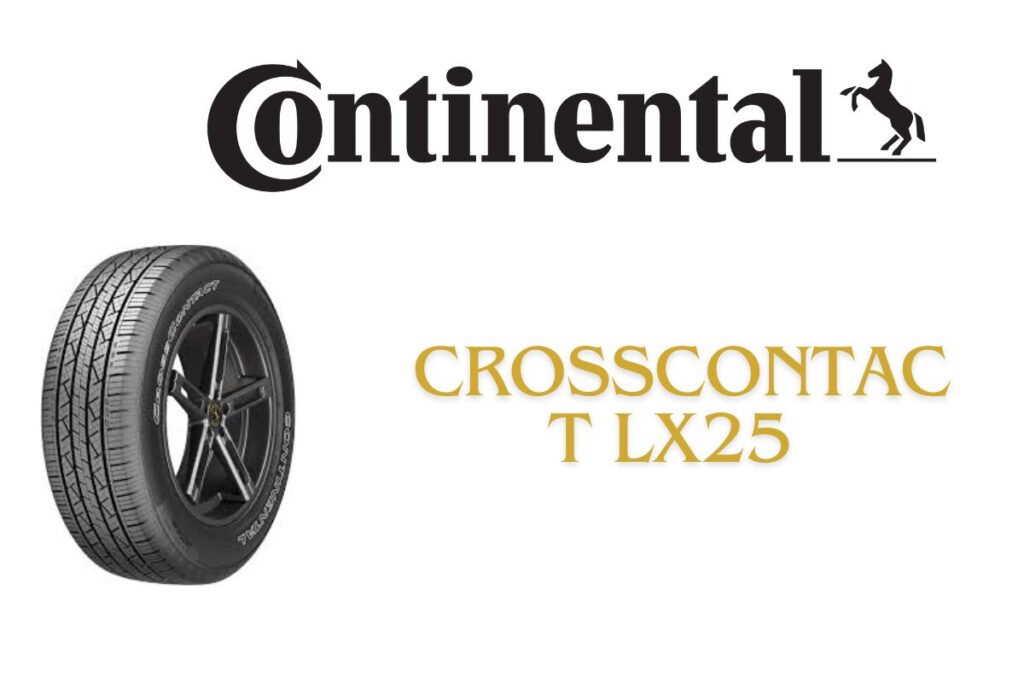
SUVs and CUVs need tires for their versatility. The CrossContact LX25 is a good choice. It offers a smooth ride and all-season grip. Its features include noise reduction, better handling, and fuel efficiency. This tire is ideal for SUV drivers who want both performance and comfort.
Specifications:
- Brand: Continental
- Model: CrossContact LX25
- Available Sizes: Wheel diameters ranging from 16″ to 22″ and section widths from 215mm to 285mm.
TerrainContact H/T – Premier Truck Tire
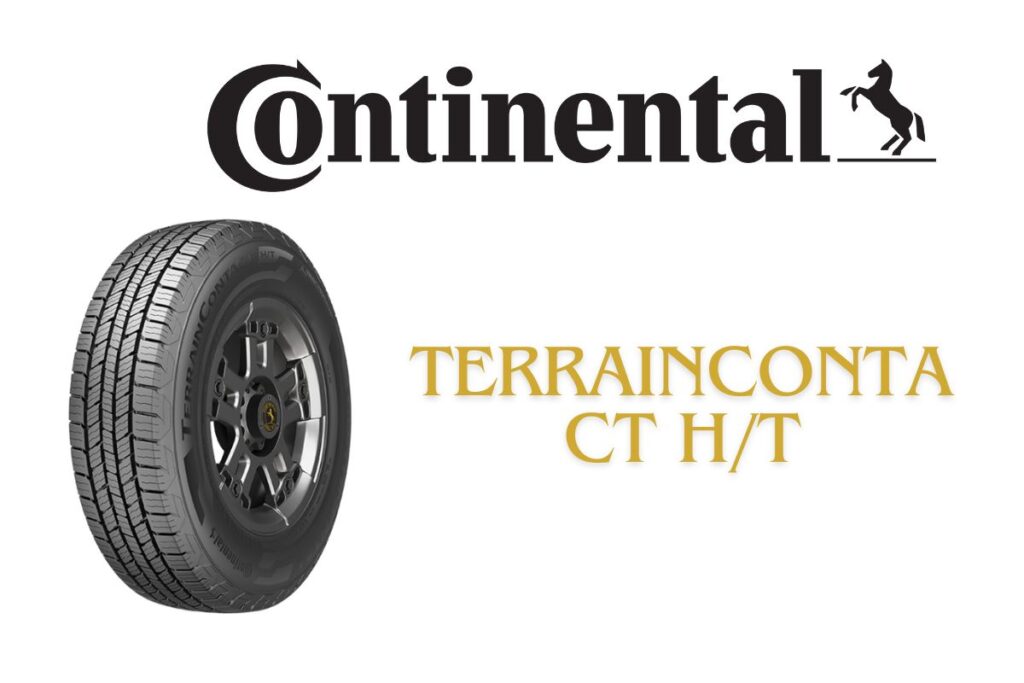
Trucks need tires for heavy work and family trips. The TerrainContact H/T is a good choice. It’s durable, offers a quiet ride, and works in any weather. It’s best for on-road driving, perfect for truck owners who want reliability and performance.
Specifications:
- Brand: Continental
- Model: TerrainContact H/T
- Available Sizes: Wheel diameters range from 16″ to 22″. Section widths range from 225mm to 285mm. The wheels are for both passenger and light-truck use.
Continental Tires Buying Guide
Continental tires rank among the industry’s best. However, choosing the wrong tire for your car or situation reduces performance and safety. So, when shopping for new tires, carefully consider your needs and preferences.
- Weather rating: Many tires are labeled “all-weather.” However, some are more specific. For example, winter tires with studs are not good in warm weather.
- Tread pattern: Tires have various tread patterns that create different “feels.” They also affect how tires handle off-road driving, cornering, and more. The most common tread patterns are diagonal, symmetrical, asymmetrical, and combined patterns.
- Speed rating: Manufacturers list a tire’s top safe speed. This is crucial for high-performance cars and fast drivers.
- Tire life: You’ll typically see the expected lifetime of a tire listed in miles.
- Tire build: Tires are built differently. Radial ones are more durable. In contrast, bias tires are cheaper and have stiffer sidewalls.
- Noise rating: Some tires are quieter on the road. They make less noise than regular tires. This is important for drivers with long commutes or who drive often.
How To Read Continental Tire Sizes
Understanding Continental tire sizes is crucial for selecting the right tires for your vehicle. Continental uses a standardized format to denote tire sizes, which typically consists of a series of numbers and letters. Here’s how to read Continental tire sizes:
- Tire Type: The tire size usually begins with a letter indicating the tire type. For example:
- P: Passenger car tire
- LT: Light truck tire
- Section Width: Following the tire type, you’ll find a three-digit number indicating the tire’s width in millimeters. This measurement represents the widest point of the tire from sidewall to sidewall when mounted on a specified width wheel.
- Aspect Ratio: After the section width, you’ll see a slash (/) followed by a two-digit number. This number represents the aspect ratio, which is the ratio of the tire’s sidewall height to its width. For instance, an aspect ratio of 65 means the sidewall height is 65% of the tire’s width.
- Construction: Following the aspect ratio, you might encounter a letter denoting the tire’s construction type:
- R: Radial construction (most common)
- D: Diagonal construction (rare)
- Wheel Diameter: The tire size concludes with a two-digit number indicating the diameter of the wheel the tire is designed to fit. This measurement is expressed in inches.
Here’s an example of a Continental tire size:
- P205/65R16
In this example:
- “P” indicates it’s a passenger car tire.
- “205” denotes the tire’s width in millimeters.
- “65” is the aspect ratio.
- “R” signifies radial construction.
- “16” indicates the wheel diameter in inches.
Understanding these components of Continental tire sizes will help you accurately identify the tires that best suit your vehicle’s requirements.
Continental Tire Warranty
Continental offers warranties similar to its competitors. First, there’s a six-year warranty for defective materials, a standard offering. Second, its longest tread life warranty covers up to 80,000 miles, which is above the industry average. Additionally, there’s a 60-day guarantee for tire replacement if you’re unsatisfied.
Continental Customer Reviews
| Positive Continental Tire Reviews |
|---|
| Review 1: “[The Continental PureContact LS has] top-notch wet weather performance, [is] reasonably quiet, [and has] pretty good handling when dry. A class-leading tire, [it’s a] very safe and predictable tire across many conditions. One tire survived a pothole hit that was hard enough to bend the underlying steel rim without a blowout.” – via Tire Rack |
| Review 2: “[The Continental WinterContact SI is] an excellent winter tire, [with] great grip in both winter conditions and dry roads. Tire noise is slightly higher than the OE model, but nothing obnoxious like studded tires… Probably have two more winters left, so the wear is outstanding.” – via Tire Rack |
| Negative Continental Tire Reviews |
|---|
| Review 1: “[I’ve only driven this tire] 6,800 miles and it has 25% left (3/32nd). The [ContiSportContact 2] tires are the third brand I’ve had on this vehicle… I have a set of winter tires from Continental, which I really like, but I’ll pass on getting another set of these.” – via Tire Rack |
| Review 2: “[The Continental ContiTrac] came as OE on my 2017 Ford F-250 Super Duty. They were marginal even when they were new. Horrible wet weather performance, and I live in southern Alabama where we get an estimated average 70 inches of annual rainfall, so this is a huge disadvantage.” – via Tire Rack |
Why Choose Continental Tires?
Continental has 150 years of tire experience. They aim to make the best tire for you. As an industry leader, they offer reliable support and honor their warranty.
Vehicle makers spend years and billions crafting their cars. They need the right tire to work with the car’s technology and features. A bad tire can undo vehicle advancements. So, choosing the right tire maker is crucial. Follow their lead. The chosen tire will be right for you.
Reason to Choose Continental Tires
Quality and Warranty: The warranty is a sign of Continental’s confidence in their product’s quality. They are so sure that any model of their tires will satisfy you. If not, you get your money back.
Traction and Handling: You’re here for better traction. Continental delivers the grip you need. They enhance traction with better materials, construction, and processes. This makes your vehicle do exactly what you want, exactly how you want.
Quiet and Long-Lasting: Think of a tire that lasts long but is noisy and uncomfortable. It leads to frustration. The key is to make the tire behave. This way, you can forget about it until it wears out.
FAQ
Continental makes tires that last from 15,000 to 70,000 miles. Lifespan varies by model and use. For instance, rear tires on staggered fitments last about 15,000 miles.
Continental offers various tire sizes for different vehicles and uses. Sizes range from T115/70R15 for spare tires to LT315/70R17 for trucks and SUVs.
Continental’s direct competitors are Michelin and Pirelli. They make a wide range of tires, matching Continental’s quality and performance.
You can buy Continental tires from online stores like SimpleTire, Tire Rack, and Discount Tire. These stores also work with tire shops for installation. So, you can ship the tires there for fitting. This eliminates the need for lifting, transporting, and unloading heavy tires.
Continental tires are top quality and often get high customer ratings. Moreover, the company offers a strong warranty. This boosts their products’ value and customer confidence.
Conclusion
In our 2024 best tires review, we ranked Continental tires seventh with a 4.0-star rating. They are great for all-season driving and are particularly safe in wet and dry conditions. The brand also offers affordable winter tires. However, it might not always be our top choice for all tire types.

